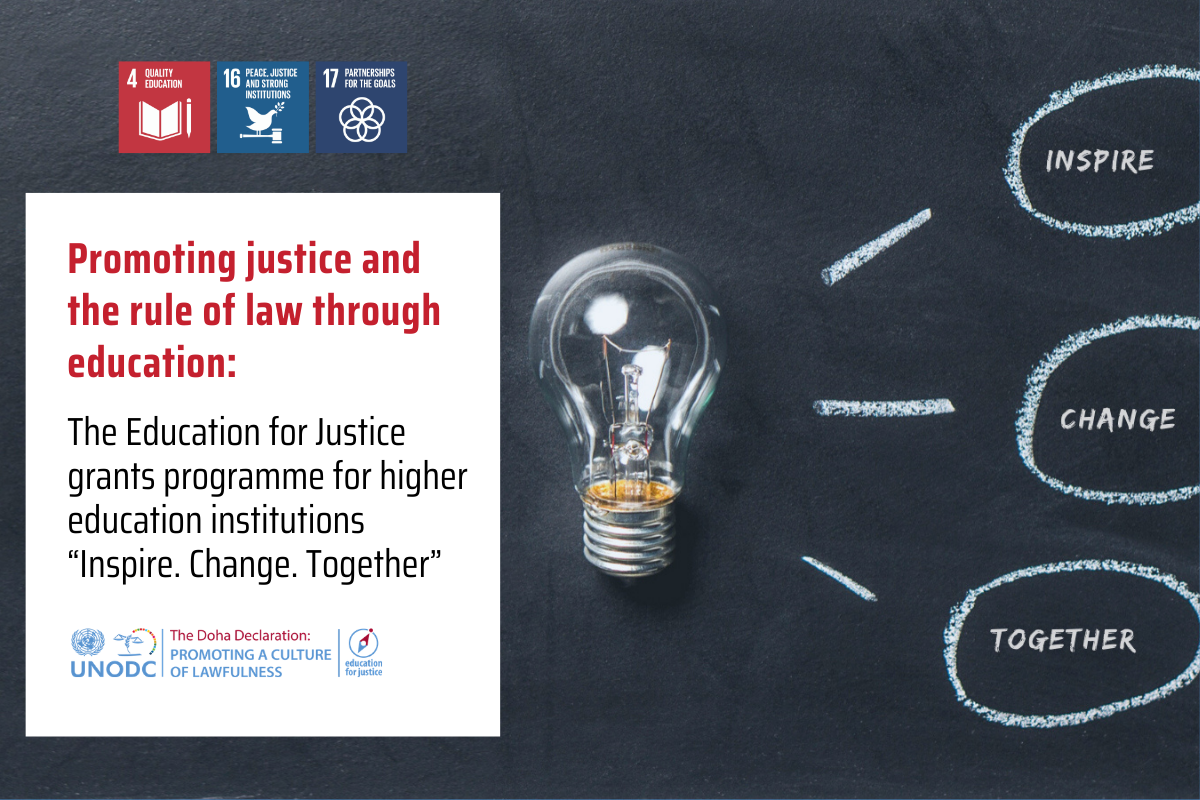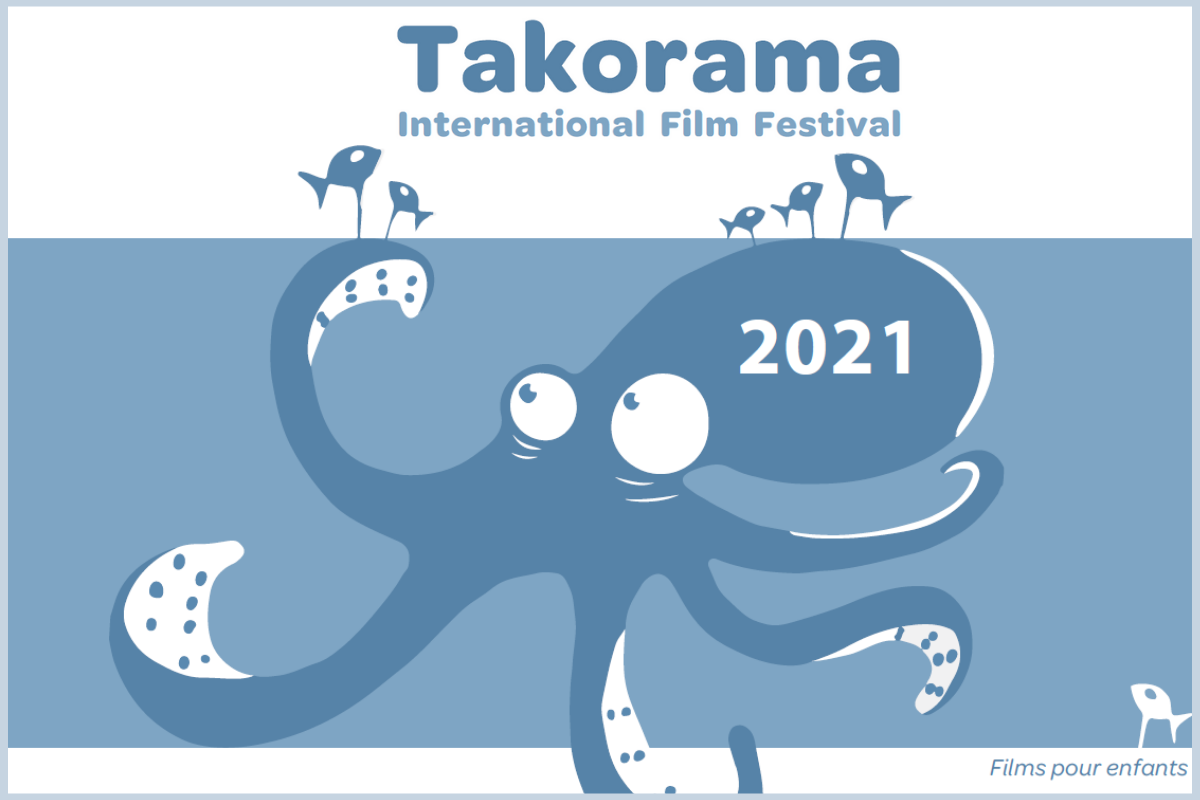Leading our children to a safer Internet, from preschool to high school
06 February 2018 - Parents and teachers of young children facing a connected world have their hands full trying to protect them from potential dangers lurking around every digital corner, especially with so many apps aimed at their age group. Despite children's growing technological savvy and awareness of potential problems with certain activities, abusers are also becoming more adept at finding ways to entice children to do things they do not want to do, or things they do not know can hurt them.
A safer Internet at every level is one of the goals of UNODC's work in countering cybercrime. The Doha Declaration Global Programme's Education for Justice (E4J) initiative and its commitment to children's education has inspired new partnerships with dedicated organizations to further raise awareness of online risk, and to encourage affirmative reinforcement of children's own roles in ensuring their protection. The earlier children are educated about the benefits and challenges of the Internet, the readier they will be to tackle problems they may face.
Instead of focusing on negative perceptions of the internet, ISPA's (Internet Service Providers Austria) The Online Zoo picture book (translated into several UN languages with support of the E4J initiative) encourages children with positive messages about how to deal with the different challenges they face online.
https://youtu.be/oon-M4Izefg The engaging book shows Online Zoo Director Elsa checking that animals stay safe while they have fun online. Young children will relate to Monkey Maurice, who realizes he forgot to play with his real life friends while staring at his phone, or to Panda Paul who is sad after being bullied by mean hyenas, until Elsa reminds him that we should not believe all the things that we see on the Internet. Baby antelopes are made aware, just in time, that their online chat with what they think is another antelope is in fact a lion pretending to be like them. Just as pertinent is the embarrassment of Penguin Frederick, when he realizes that posting a selfie in only his swimming suit is not a good idea. Young children are thus shown how fun and useful the Internet can be, if they use it safely. They are encouraged to take the lead, and to think about what they are doing, seeking help and advice as they grow and learn.
Indeed, children's own alertness and empowerment are essential components for their online safety: whatever the problem, it is not too late to fix it and they can always turn to a trusted friend or an adult who can help. This is an important message UNODC is helping to spread, in partnership with organizations like Thorn, the UK National Crime Agency (NCA), the Internet Watch Foundation (IWF) or Pantallas Amigas, bringing needed focus on children's vulnerability to sextortion and online sexual abuse. A number of online campaigns have been launched to educate children and raise awareness on how to help them.
https://youtu.be/x7cwR2G-5Ng Thorn, founded by actors Ashton Kutcher and Demi Moore, builds and works with technology to defend children from sexual abuse and, working with law enforcement, uncover predators. Recent research commissioned by Thorn confirmed that nearly half of the targets of sextortion are under the age of 17, and almost 30 per cent are between 18 and 19 years old. Working on three strong principles, namely to accelerate victim identification, deter abusers and disrupt platforms, Thorn is extremely vocal and active in the field, with UNODC supporting this life-saving work.
Pantallas Amigas, an NGO dedicated to promoting the safe and healthy use of new technologies and responsible digital citizenship in children and adolescents, has partnered with UNODC's E4J initiative to tackle sextortion.
https://youtu.be/Lba8uh1pRbk In late-January 2018 in Gran Canaria, Spain, UNODC's Kamola Ibragimova was joined by the Government Councillor for Presidency, Culture, Education and Public Safety and the Chief of Police of Las Palmas to address over 80 secondary school students and to launch, with Pantallas Amigas, this video to raise awareness on non-consensual sharing of intimate imagery.
"We are here to promote the basic values, attitudes and expectations for a safe cyber environment among school children," said Ms. Ibragimova. "The students were engaged in our interactive exercises, and interested in the videos, and this shows that with the local authorities' impressive commitment to working with youngsters, campaigns can bear fruit."
UNODC has also partnered with the IWF, establishing online sexual abuse identification and removal portals in a number of countries in Central America. With over 130 corporate members, including the most innovative internet giants in the world, the IWF is leading the fight to remove online child sexual abuse material globally.
The UK's NCA works in the same vein, raising awareness about sextortion and the kinds of sexual abuse to which children can fall prey, and highlighting the fact that children can also become prey of other children, themselves forced to commit sextortion online. The NCA's Anti Kidnap and Extortion Unit has created strong campaigns using young actors to push the message to both children and adults, who are also targeted for sextortion.
https://www.youtube.com/watch?v=kgKIZjzoLLQChildren's exposure to danger is coming increasingly early as younger children gain access to handheld devices such as smartphones, computers or tablets, and can easily access a wide range of social media platforms. On Safer Internet Day, and on every other day of the year, UNODC continues its fight against cybercrime, in partnership with national, non-governmental and private sector organizations. Through preventive and awareness-raising measures, by developing new tools, and by joining forces across the world, a safer Internet is possible for children everywhere.


